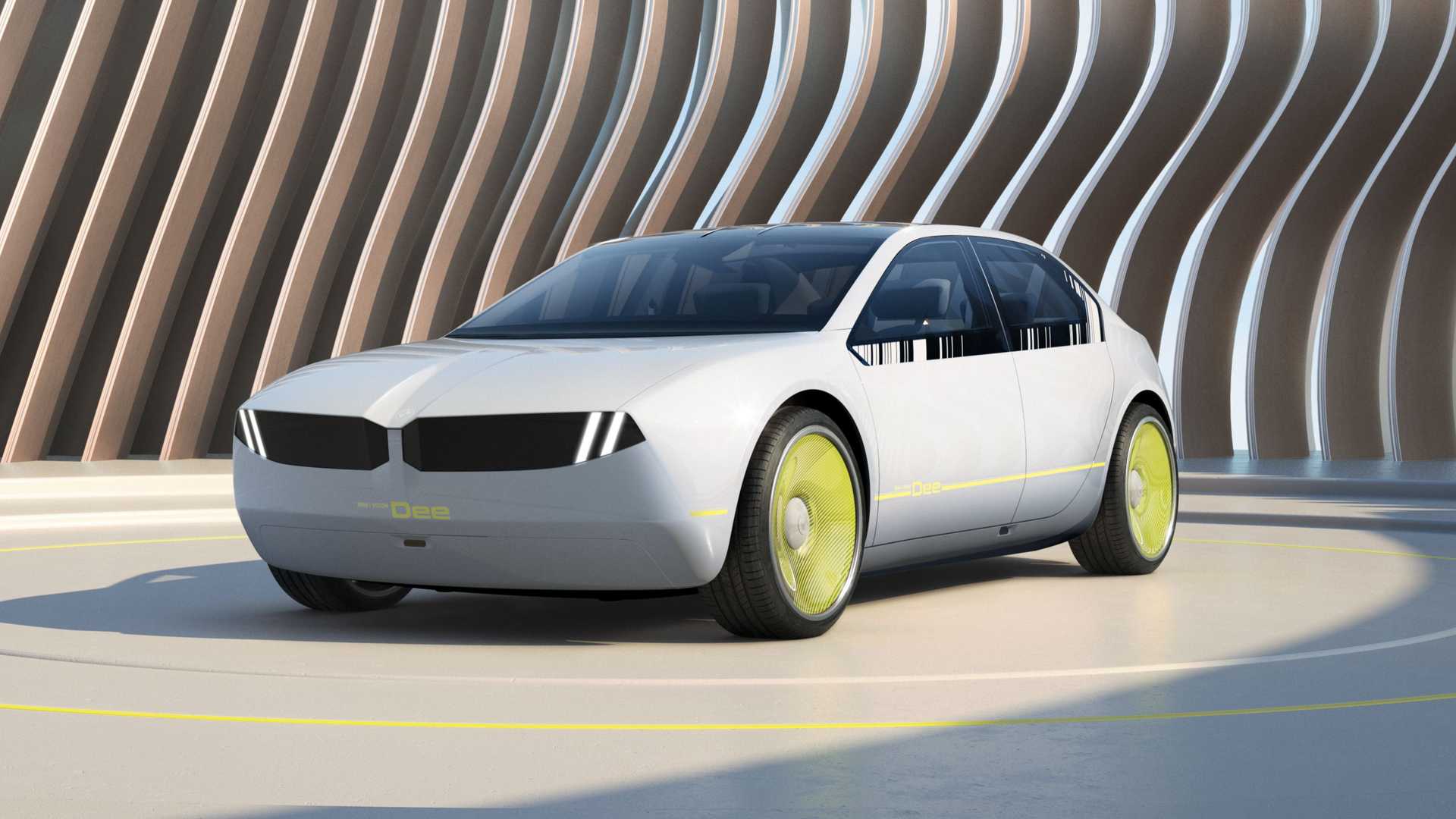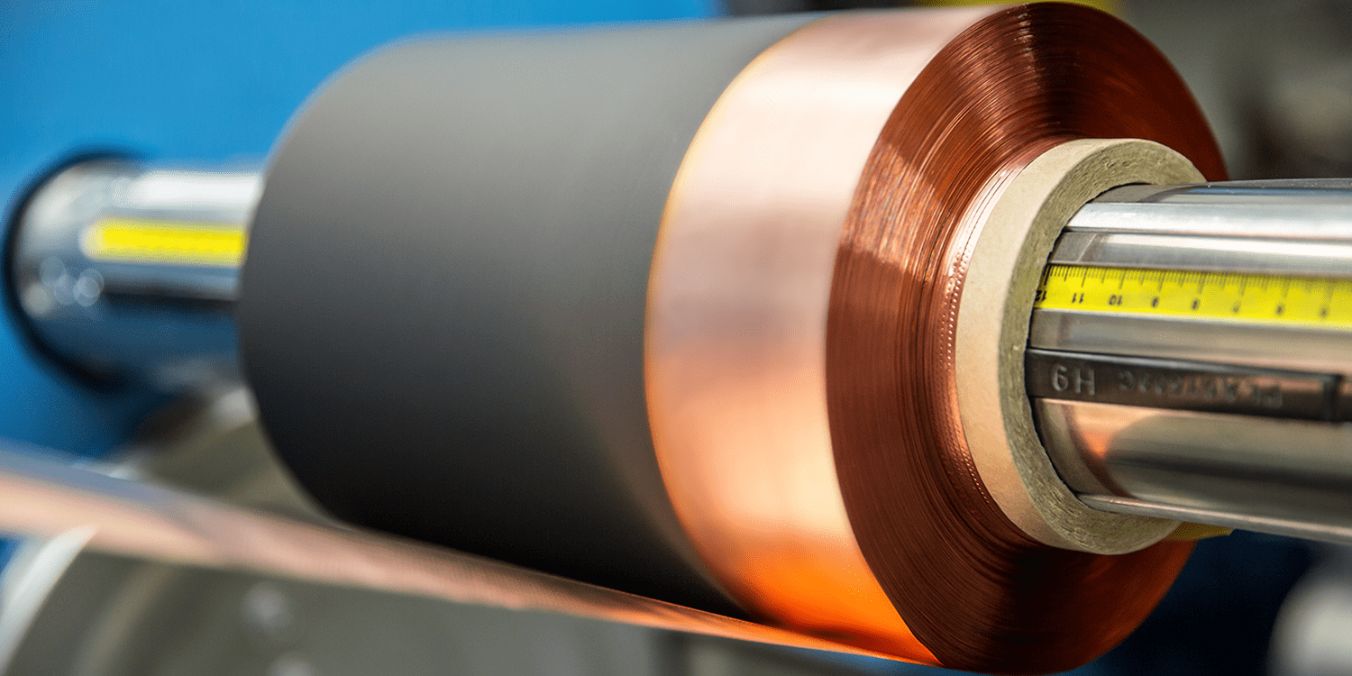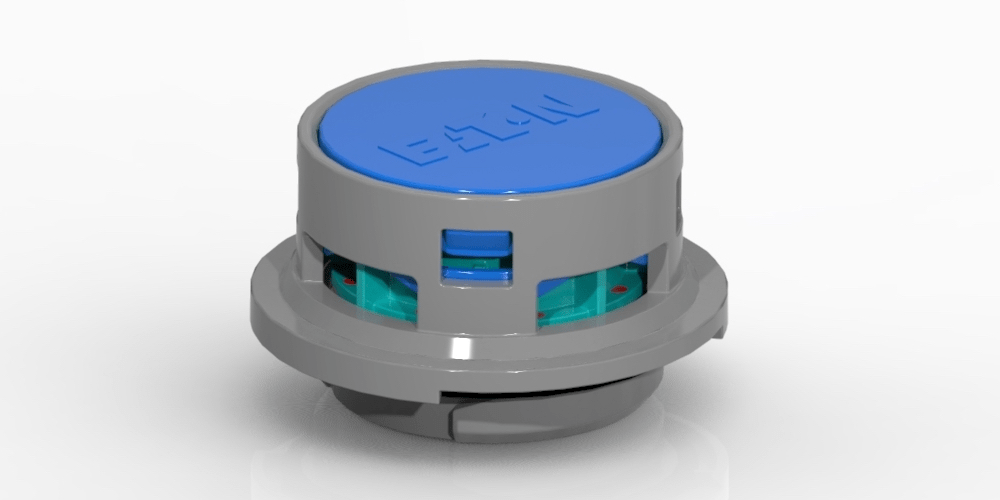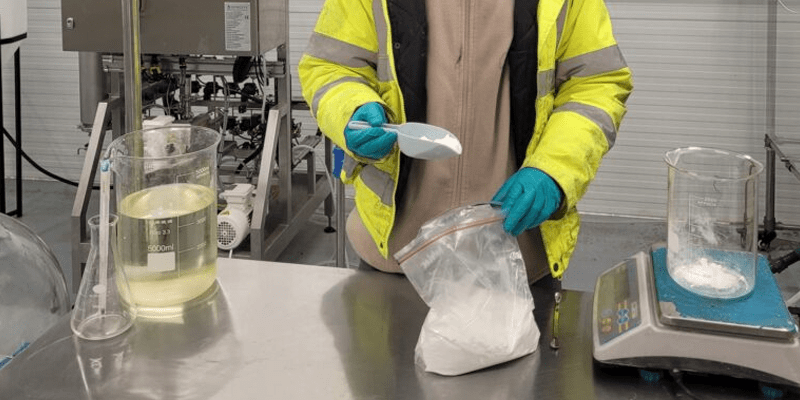BASF has teamed up with Tenova Advanced Technologies (TAT) of Yokneam, Israel, to optimize the hydrometallurgical recycling process for its battery recycling prototype plant in Schwarzheide, Germany.
The two companies will work together to leverage TAT’s novel process for the recovery and production of lithium, including lithium solvent extraction and lithium electrolysis.
The collaboration will involve pilot campaigns at TAT’s R&D center and the design and fabrication of a prototype plant that will be operated at BASF’s facilities in Schwarzheide. The aim is to create a recycling process that demonstrates efficient metal recovery and production of lithium salts based on solvent extraction. Startup of the prototype plant is expected later this year.
See also: Ecobat Expands Global Lithium-Ion Battery Recycling Footprint with New Facility in Arizona
The use of recycled metals for producing new battery materials can significantly reduce the CO2 emission impact of batteries by around 25% compared to the use of virgin metals. As Daniel Schönfelder, Senior Vice President Battery Base Metals and Recycling at BASF, said, “We will close the loop from end-of-life batteries to new battery production and will ensure an exceptionally low CO2 footprint for key metals needed to meet the growing demand for eMobility. By collaborating with Tenova, we can assess new approaches in further optimizing the recycling process.”
TAT is part of Tenova, a global company specialized in sustainable solutions for the green transition of the metals industry. It is also highly experienced in hydrometallurgy and project-specific process technologies. Successful startup and operation of the prototype plant is a significant milestone in BASF’s strategy to expand its footprint in recycling and recovering valuable metals, including nickel, cobalt, and lithium.
See also: Cirba Solutions and General Motors Extend collaboration for recycle electric vehicle battery
The investment in Schwarzheide reinforces BASF’s support of the European Commission’s agenda towards a European battery production value chain. It is part of the “Important Project of Common European Interest (IPCEI)” approved by the European Commission on December 9, 2019, under the European Union State aid rules.
The launch of innovative battery materials from the Schwarzheide plant and research to develop next-generation battery materials and process development, including battery recycling, is funded by the Federal Ministry for Economics and Climate Action on the basis of a resolution of the German Bundestag and by the Ministry for Economic Affairs, Labor, and Energy of the State of Brandenburg on the basis of a resolution of the Brandenburg State Parliament as part of the IPCEI for Batteries.







